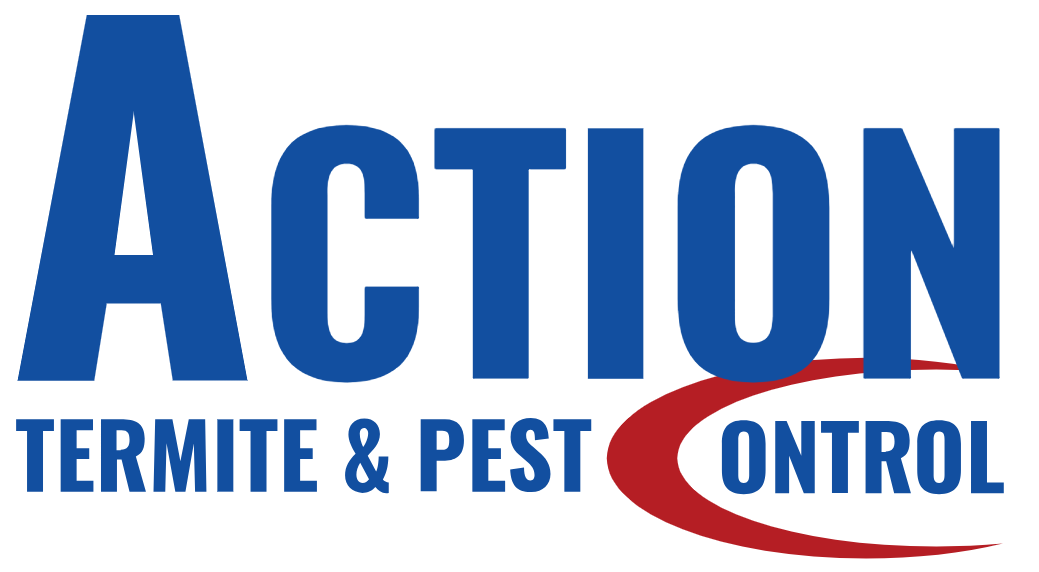The mild winter temperatures in the Arizona desert will have little effect on termites; in fact, the ideal temperature for termites is 75 degrees Fahrenheit. If you’re not seeing signs of termites in the winter, that doesn’t mean they’re dead and gone.
The fact is, termites remain active all year, even in the winter. However, cooler weather does bring a few changes in the daily routine of subterranean termites. Typically, subterranean termites will move deeper underground when it’s cold and foraging tunnels may be dug deeper. Likewise, outdoor food sources may be abandoned; that means they could be motivated to move inside your home.
In warm winter regions such as Arizona, egg-laying by the Queen continues throughout the year, expanding the colony. It is unlikely that you’ll see any swarming termites during the depths of winter, between December and February. However, during a very warm Arizona winter, when the outside temperatures reach 70 degrees or higher, termites could swarm and begin new colonies in and around your home.
Likewise, both dry-wood and subterranean termites that are living inside your home’s walls and foundation will not be affected at all by cold outdoor temperatures. To survive, termites need water, wood, and warmth. They can easily find that in your heated home. Remember the common signs of a termite infestation include mud tubes, damaged wood and the discarded wings of swarming, reproducing termites.
Although the signs of a termite infestation may not be as apparent during the winter, that doesn’t mean you don’t have an infestation. The fact is, termite colonies will continue to grow, feeding on the wood of your house. You could easily experience a winter termite swarm inside your Glendale home during the warm, Arizona winter.
The bottom line is, termites can be a problem all year round, especially in a warm climate like Arizona.
If you have a termite problem in Glendale, AZ whether it’s during the winter months or not call our Termite Control, Inspection, and Termite Treatment Experts

 BED BUGS
BED BUGS SCORPIONS
SCORPIONS RODENTS
RODENTS BEES
BEES MOSQUITOS
MOSQUITOS TAP INSULATION
TAP INSULATION PEST PROTECTION PLAN
PEST PROTECTION PLAN WEEDS
WEEDS


